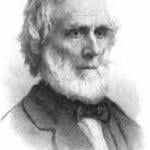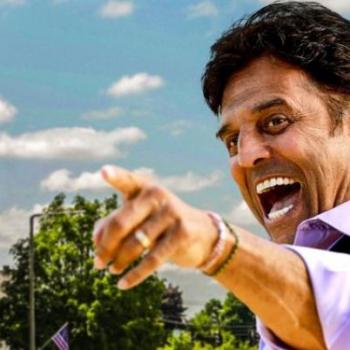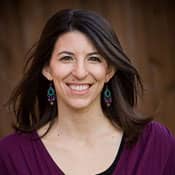Pentecost is my favorite holiday. Yes, yes, Christmas is wonderful; but I don't feel I need to convince most people to appreciate Christmas. I may spend most of my pastoral career attempting to convince people to appreciate, and celebrate, Pentecost. Easter is wonderful, too, of course. But Easter's story doesn't end until Pentecost. On that surprising day of wind and flame, you get them both. You see the fullness of the whole story unfolding and shining light on the way ahead. Pentecost is the "what now?" to Easter's "What?!?!"
Passionate as I am about the day, I usually preach on Pentecost, using a superfluous amount of wide arm motions and elevated speech. This year was no different. At Pentecost, we do at least three things: we sing really upbeat, really loud, unapologetically joyful songs; I preach a really upbeat, fairly loud, and unapologetically joyful sermon; and we come to the Table in celebration.
This year, with a nod to my dear friends who are organizing a fabulous festival using the same name, I talked about the Spirit as wild goose. We love to picture the Spirit as a dove, because aren't doves the loveliest, quietest, most calming little things?! They look so pretty flying overhead, and they have a nice quiet warbling purr, almost like a cat. The dove isn't the symbol of peace for nothing. On the other hand, have you ever seen a wild goose?! Gangly and flappy and squawky, and ever so slightly unnerving, kind of like roosters. They give very little warning before they move, or pounce, or fly away.
When the disciples sat quietly waiting for the promised Spirit, I have no idea what they were expecting. But what are the odds they were expecting the Spirit to come in the way we read in Acts 2, all violent wind and fiery tongue-like flames and cacophonous symphonies of praise? The Spirit indeed has her dove moments, but her opening act was full-fledged wild goose.
There is an element to the Spirit that is unmanageable, unpredictable, and wild, loud and squawky and not always the most graceful . . . much like the scene on the streets of Jerusalem on the day of Pentecost. This interaction of chaos is the invitation of Pentecost.
In Thinking in Tongues, James K.A. Smith says that if we are to have a Pentecostal worldview, if Pentecost becomes our hermeneutic, not just an event we recall but a way we see and interpret things, it will require us to have a "radical openness to God" (33). We have to give room for God to be the wild goose honking and flapping around all our best-laid plans and understandings. Pentecost beckons us, like Peter, to have the boldness to interpret what we see, as unexpected as it is, and be able to say, "This thing you see—this is God! You may see a street filled with drunk people, but we see the future of God unfolding right before our eyes."
And maybe we can't see it unless we've allowed ourselves to be radically open to the new thing God is doing. Though Peter likely didn't expect the advent of the Spirit to mimic something that could be mistaken for a drunken brawl, when faced with that scene, he could see the truth of the strange, wild goose-like gift unfolding before him, a world where people were gathered together despite the boundaries of language and culture. And he became more than certain that only God, only that wild, untamable Spirit of the Living God, could bring about such a scene. Only God's future could look so beautifully chaotic. The question Pentecost asks of us is, can we be radically open to it?
6/20/2011 4:00:00 AM





